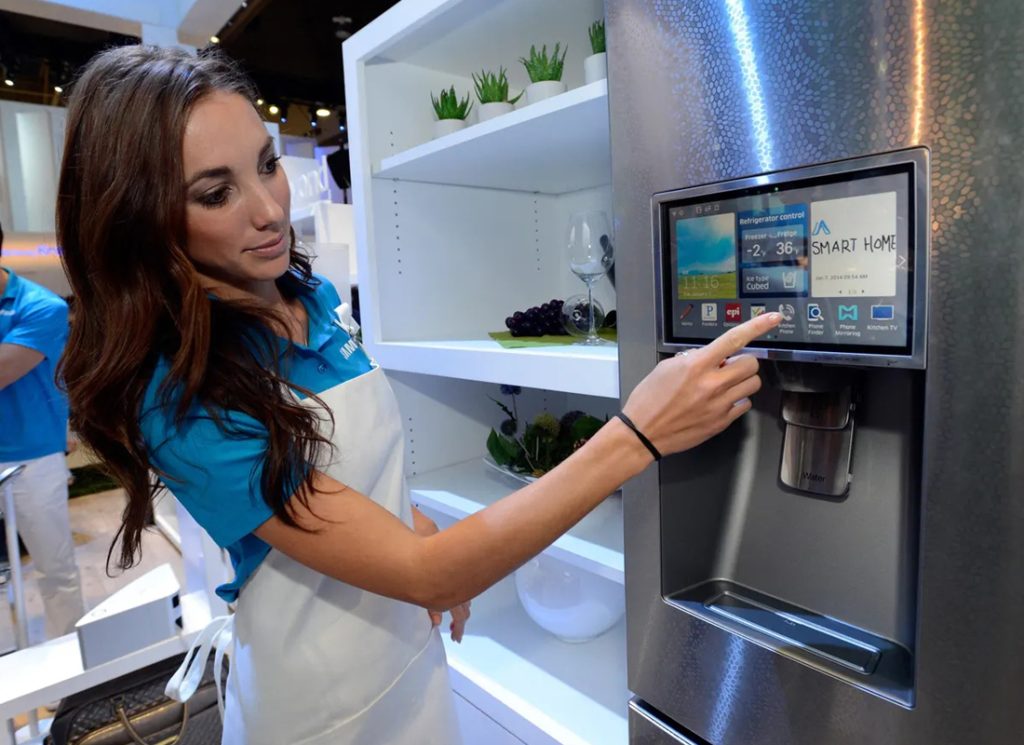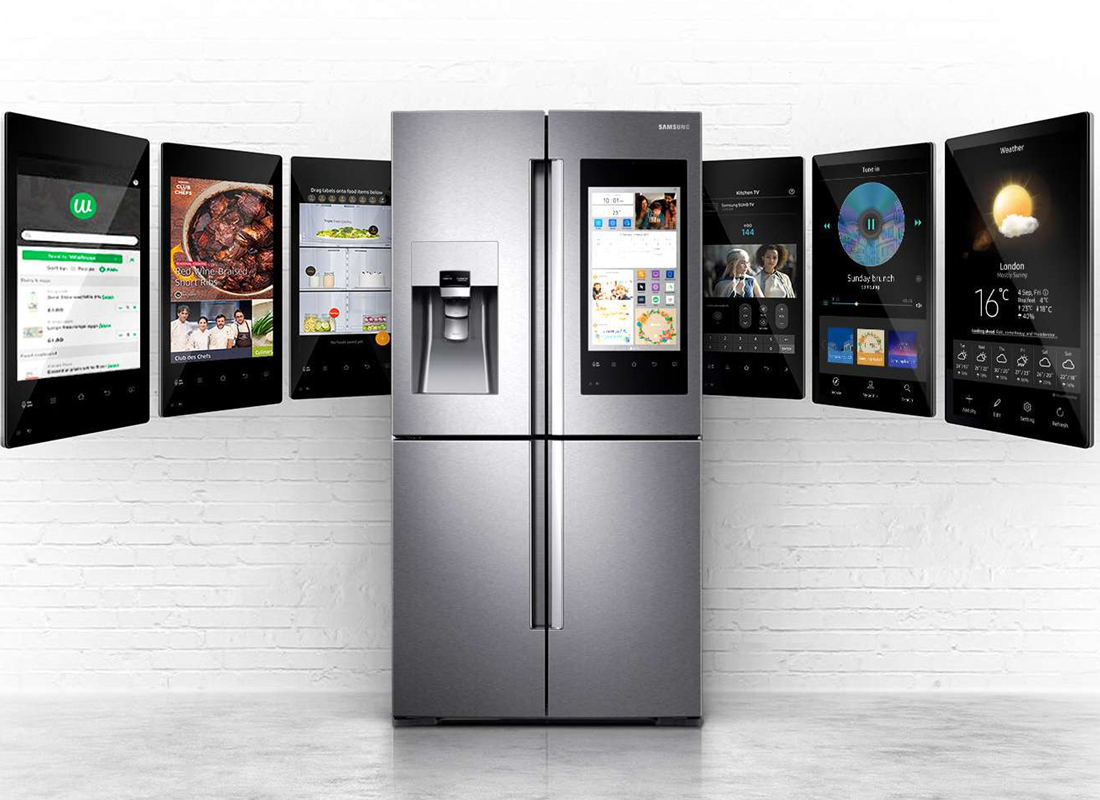When smart appliances are interconnected, they can share information and work together to streamline household tasks. For example, a smart refrigerator can monitor its contents and notify users when items are running low or nearing expiration. This information can be shared with a smart shopping list app, which can automatically update the list or even place orders with local grocery stores. By enabling appliances to communicate, homeowners can save time and ensure they always have what they need without the hassle of manual tracking.
Another advantage of connectivity in smart appliances is the ability to control them remotely. Homeowners can use smartphone applications to manage their devices from anywhere, whether they are at work or on vacation. This feature is particularly useful for appliances like smart thermostats and security systems. For instance, a homeowner can adjust the temperature of their home while away, ensuring it is comfortable upon return, or monitor security cameras in real-time to check on their property. This level of control enhances peace of mind and allows for greater flexibility in managing household environments.

Moreover, connectivity facilitates automation, which can significantly improve energy efficiency. Smart appliances can be programmed to operate during off-peak hours when energy rates are lower, or they can adjust their settings based on usage patterns. For example, a smart washing machine can schedule cycles based on the homeowner’s habits, ensuring it runs at the most efficient times. This not only reduces energy bills but also contributes to a more sustainable lifestyle.
The integration of voice assistants into smart home ecosystems further enhances connectivity. Appliances equipped with voice control can be operated hands-free, allowing users to multitask effectively. Imagine cooking dinner while asking your smart oven to preheat or your smart speaker to play your favorite music. This level of interaction makes daily routines more enjoyable and efficient, encouraging users to embrace technology in their homes.
However, to fully benefit from the connectivity of smart appliances, it is essential to ensure a robust home network. A strong Wi-Fi connection is crucial for seamless communication between devices. Homeowners should consider investing in a reliable router and, if necessary, Wi-Fi extenders to eliminate dead zones. Additionally, regular software updates for smart appliances are vital to maintain security and functionality, ensuring that devices operate optimally.
As the smart home market continues to evolve, the importance of connectivity in smart appliances will only increase. By understanding and leveraging this interconnectedness, homeowners can create a more efficient, convenient, and enjoyable living environment. Embracing the possibilities of connectivity allows individuals to transform their homes into intelligent spaces that cater to their needs and enhance their daily lives. The future of home management is here, and it is interconnected.

